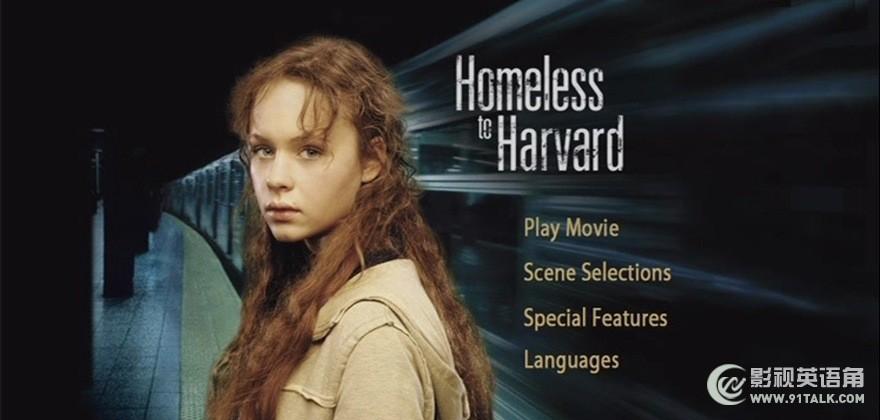
When we say "go to the movies," we are essentially expressing a desire to watch a film. To convey this in English, we use the phrase "go to the movies." This simple expression encapsulates our desire to be entertained by the latest blockbuster or a classic film that captivates our attention. The word "movie" is the key here, and its presence in the sentence evokes the imagery of flickering lights, colorful posters, and the excitement of being immersed in a narrative world.
In addition to the direct translation of "go to the movies," there are various ways to express the same concept in English. For instance, "watch a movie" is another common way to say it. It emphasizes the act of watching, which can be done alone, in groups, or even with friends and family. Another alternative is "see a movie" which suggests the idea of being present at the cinematic experience. These phrases all share the core meaning, indicating that we are seeking entertainment through the medium of a film.
The choice of wording may also depend on the specific context or situation. For instance, if you are discussing your favorite movie, you might say "my favorite movie," while if you are referring to a movie that has just been released, you could say "newly released movie." Additionally, when discussing the film industry or the impact of films on society, more complex phrases such as "the film industry" or "the impact of films" might be used. These phrases offer a deeper understanding of the broader implications of cinema.
Another aspect to consider when discussing movies in English is the importance of proper pronunciation. While many words related to movies are straightforward, some have unique consonant clusters or vowel sounds that require careful articulation. For example, "cinematic" is pronounced "sínímátɪk," and "international" is "ˈɪntənətlənl," which includes the silent sound before "-l" for emphasis. Pronouncing these words correctly can enhance clarity and make a positive impression on others who might be trying to understand your comments.
When it comes to writing about movies in English, it's essential to maintain a consistent tone and style. Whether you're writing about an animated feature or a critically acclaimed drama, your language should reflect the quality of the film and the emotions it elicits. Avoid using cliché language or jargon that may come across as pretentious or uninspiring. Instead, strive for authenticity and genuine engagement with the subject matter.
Finally, when considering the appropriate level of formality, one must take into account the audience and the purpose of the discussion. If you are speaking with a peer group, opting for a casual conversational tone might be appropriate. However, if you are addressing an audience of film enthusiasts, using a more sophisticated and scholarly vocabulary may be necessary. Remember, the goal is to communicate effectively and engage your listeners in a meaningful way.

总结,当表达“去看电影”时,英语中常用的短语是“go to the movies”,它简洁地传达了我们想去电影院观看电影的愿望。除了这个直接翻译,我们还可以使用“watch a movie”、“see a movie”或“my favorite movie”等表达方式来加强语言的多样性和文化内涵。此外,根据不同的语境和情境,我们还可以使用如“newly released movie”、“the film industry”或“the impact of films”等更为复杂的短语。同时,掌握正确的发音对于在英语环境中有效沟通至关重要。考虑到听众和讨论的目的,选择合适的正式程度和风格是非常重要的。无论是与朋友交流还是向观众介绍电影,我们都应努力使语言既准确又引人入胜。
文章大纲:
1.去看电影英语怎么说
2.不同表达方式
3.语境和场合的影响
4.语言的准确性
5.写作风格和语气
6.观众和目的的重要性 推荐阅读》
未经允许不得转载:» 去看电影英语咋写(Watch a movie.)

 家长点评网
家长点评网











